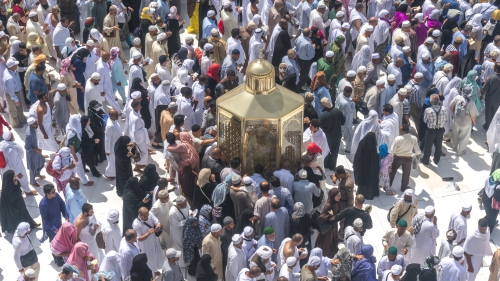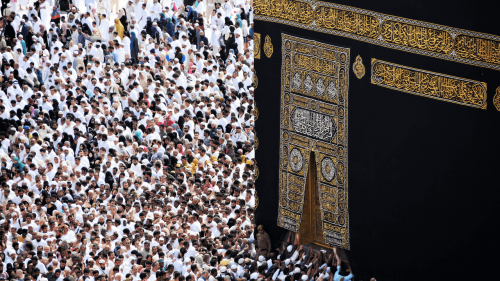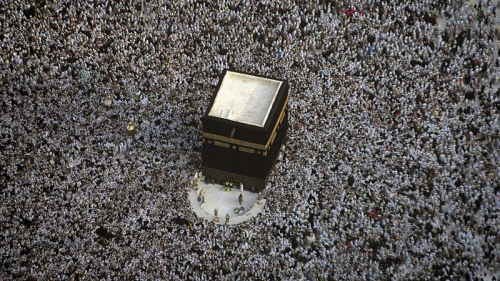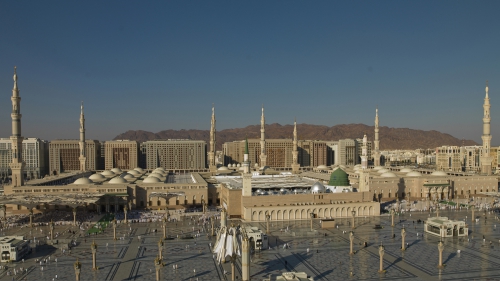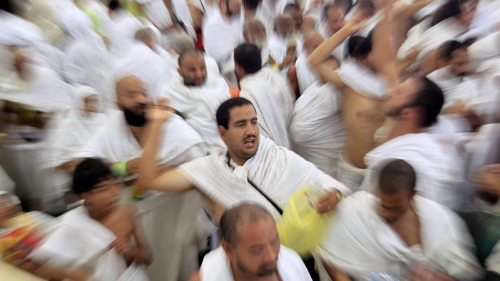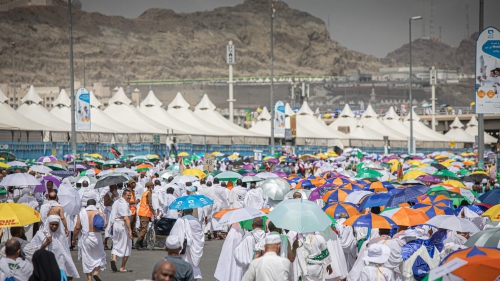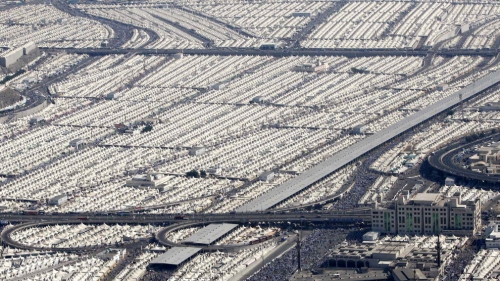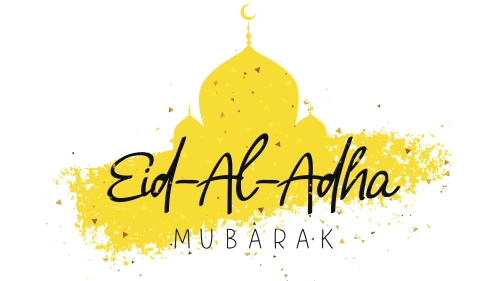Eid ul-Adha for Children: Teaching the Next Generation About Sacrifice and Faith

Introduction
Eid ul-Adha, also known as the "Festival of Sacrifice", is a time of profound significance in the Islamic calendar. It commemorates the unwavering faith and obedience of Prophet Ibrahim (Abraham), who was willing to sacrifice his son Ismail (Ishmael) at God's command.
This sacred festival offers a unique opportunity to teach children about the deep values of sacrifice, faith, and compassion that lie at the heart of Islam. By involving children in the observance of Eid ul-Adha, we can help them understand their religious heritage and instill virtues that will guide them throughout their lives.
The Story of Prophet Ibrahim
The story of Prophet Ibrahim is central to the understanding of Eid ul-Adha. According to Islamic tradition, Prophet Ibrahim had a dream in which God instructed him to sacrifice his beloved son, Ismail. Despite the immense emotional challenge, Ibrahim’s faith did not falter.
He prepared to fulfill God's command, demonstrating his profound devotion and trust. At the moment of sacrifice, God intervened, providing a ram to be sacrificed instead, thereby honoring Ibrahim's obedience and dedication.
This narrative is rich with lessons about faith and sacrifice. Sharing this story with children can help them appreciate the importance of these values and the profound spiritual legacy of Eid ul-Adha.
Instilling the Values of Sacrifice and Faith
1. Understanding Sacrifice:
○ Practical Examples: Children learn best through relatable examples. Parents can explain the concept of sacrifice by drawing parallels with everyday situations, such as sharing toys with siblings or giving up something they like for a friend.
○ Role Models: Highlighting stories of contemporary figures who have made significant sacrifices for the greater good can also inspire children.
2. Fostering Faith:
○ Trust and Obedience: Just as Prophet Ibrahim trusted God's command, children can learn the importance of trusting their parents and the teachings of their faith.
○ Prayers and Duas: Introducing children to specific prayers and duas related to Eid ul-Adha can deepen their spiritual connection. For instance, the Takbir, recited during Eid, praises God's greatness and is a beautiful way to involve children in the worship.
Engaging Activities for Children
1. Storytelling Sessions:
○ Captivating Narration: Narrate the story of Prophet Ibrahim in an engaging manner. Use age-appropriate language and visual aids like picture books or animations to make the story more vivid and relatable for children.
○ Interactive Retelling: Encourage children to retell the story in their own words. This can be done through role-playing, puppet shows, or simple discussions, which helps reinforce their understanding and retention of the narrative.
2. Craft and Creativity:
○ Eid Decorations: Organize arts and crafts activities where children can create Eid-related decorations, such as banners, greeting cards, or drawings that depict the story of Ibrahim and Ismail. These creative projects can make the festival more visually appealing and engaging for them.
○ Culinary Activities: Baking and cooking traditional Eid dishes together can be a fun and educational experience. Involve children in the preparation of meals, explaining the significance of each dish and how they relate to the traditions of Eid ul-Adha. This not only teaches them culinary skills but also deepens their understanding of cultural practices.
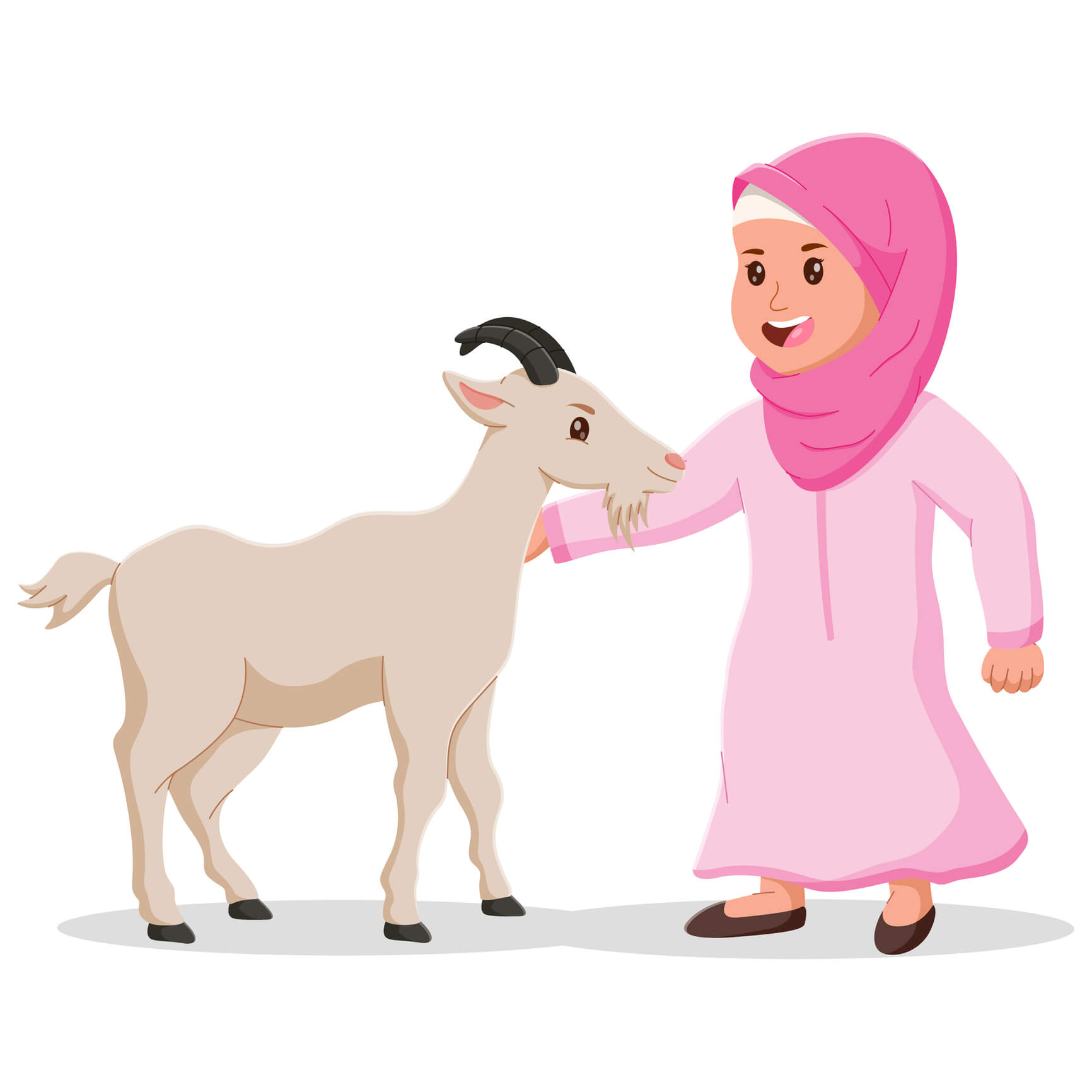
3. Educational Games and Activities:
○ Islamic Quiz: Organize a quiz with questions about Eid ul-Adha, Prophet Ibrahim's story, and other related Islamic teachings. This can be a fun way to reinforce knowledge and engage children in learning.
○ Puzzles and Coloring Books: Provide puzzles and coloring books with themes related to Eid ul-Adha. These activities can keep children entertained while subtly teaching them about the festival.
4. Community and Charity Involvement:
○ Charity Projects: Teach children the importance of charity (Sadaqah) by involving them in community service activities, such as preparing and distributing food to the needy or participating in local charity drives. Explain how the meat from the sacrificial animal is divided into three parts: one for the family, one for relatives and friends, and one for the less fortunate.
This practice reinforces the value of sharing and caring for others.
Prophet Muhammad’s Sayings and Teachings
Incorporating the teachings of Prophet Muhammad (PBUH) can enrich the learning experience. The Prophet emphasized the importance of kindness, generosity, and empathy. Some relevant sayings include:
● "The best of people are those who are most beneficial to others." - This Hadith underscores the importance of helping others, a key lesson during Eid ul-Adha.
● "He is not a believer whose stomach is filled while the neighbor to his side goes hungry." - This saying teaches children about empathy and the importance of looking out for others in the community.
● "Whoever believes in Allah and the Last Day, let him be generous to his neighbor."- Generosity is a central theme during Eid ul-Adha, and this Hadith reinforces the significance of giving and sharing.
Additionally, teaching children specific duas can help them feel more connected to their faith. Here are some relevant duas in Arabic along with their translations:
● Dua for Sacrifice:
بِسْمِ اللَّهِ، اللَّهُ أَكْبَرُ، اللَّهُمَّ هَذَا مِنْكَ وَلَكَ
Bismillah, Allahu Akbar, Allahumma hadha minka walaka
(In the name of Allah, Allah is the Greatest. O Allah, this is from You and for You.)
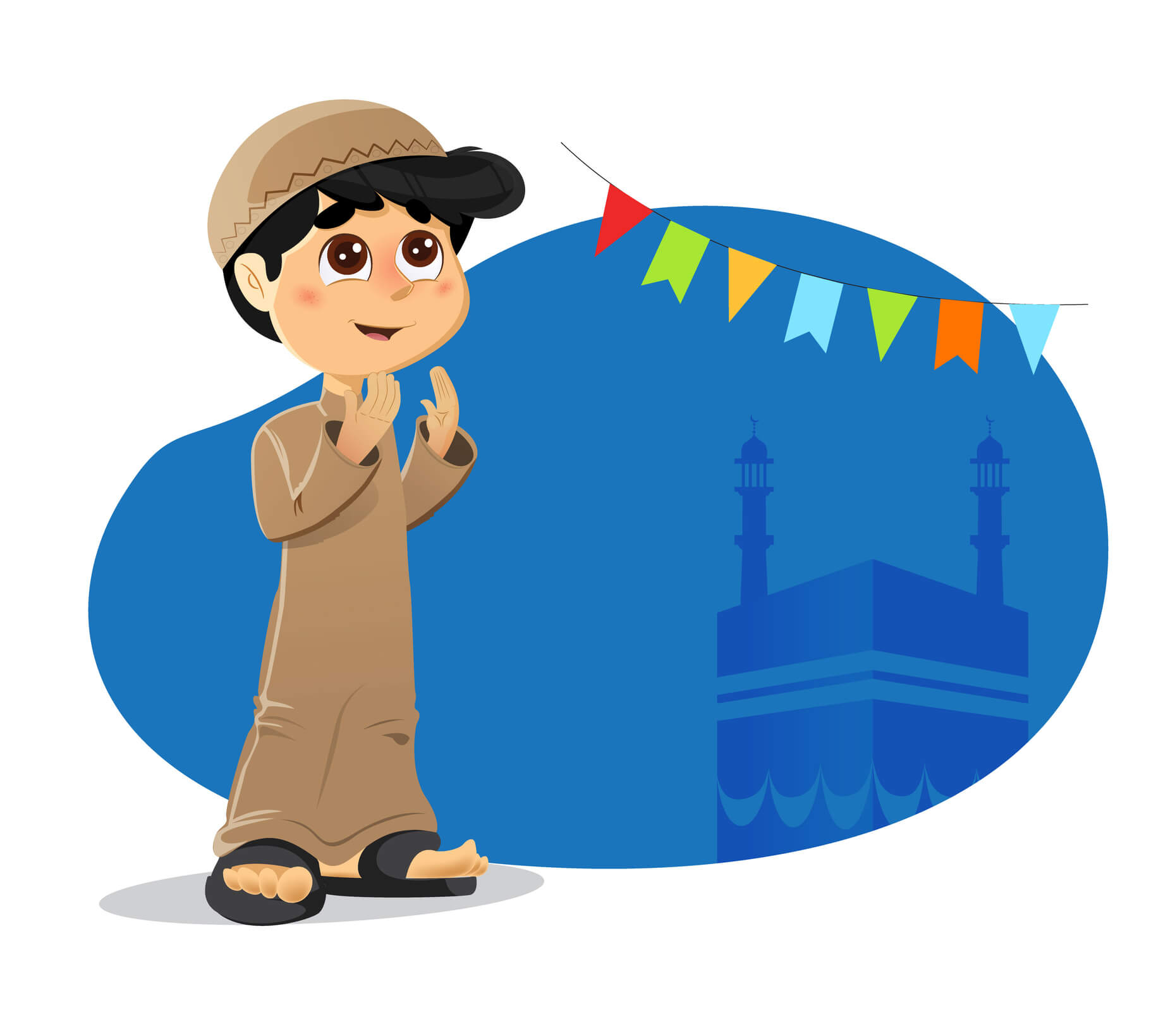
● Dua for Eid:
اللَّهُ أَكْبَرُ اللَّهُ أَكْبَرُ، لَا إِلَهَ إِلَّا اللَّهُ، وَاللَّهُ أَكْبَرُ، اللَّهُ أَكْبَرُ وَلِلَّهِ الْحَمْدُ
Allahu Akbar, Allahu Akbar, La ilaha illallah, Wallahu Akbar, Allahu Akbar wa lillahil hamd
(Allah is the Greatest, Allah is the Greatest, there is no deity except Allah, and Allah is the Greatest, Allah is the Greatest, and all praises are for Allah.)
Kanz ul Huda: Guiding Light for the Youth
Kanzul Huda, an educational initiative focused on spreading Islamic knowledge and values, plays a crucial role in teaching children about Eid ul-Adha. By providing resources such as books, online courses, and interactive sessions, Kanz ul Huda helps young minds grasp the essence of Islamic teachings. Their materials often include stories from the Quran, Hadiths, and real-life examples that resonate with children, making religious education both engaging and meaningful.
Parents and educators can utilize Kanz ul Huda's resources to create a comprehensive learning experience for children during Eid ul-Adha. The organization's focus on making Islamic education accessible and relatable ensures that children not only learn about their faith but also develop a strong moral foundation.
Conclusion
Eid ul-Adha offers a rich tapestry of lessons that can help shape a child’s moral and spiritual foundation. By engaging children in the traditions, stories, and values associated with this festival, parents and educators can cultivate a deeper understanding of faith and sacrifice.
children participate in the celebrations, they not only honor a significant event in Islamic history but also learn to embody the virtues of compassion, generosity, and unwavering faith. Through these teachings, supported by resources from organizations like Kanz ul Huda, the next generation can carry forward the spirit of Eid ul-Adha, enriching their lives and the lives of those around them.







